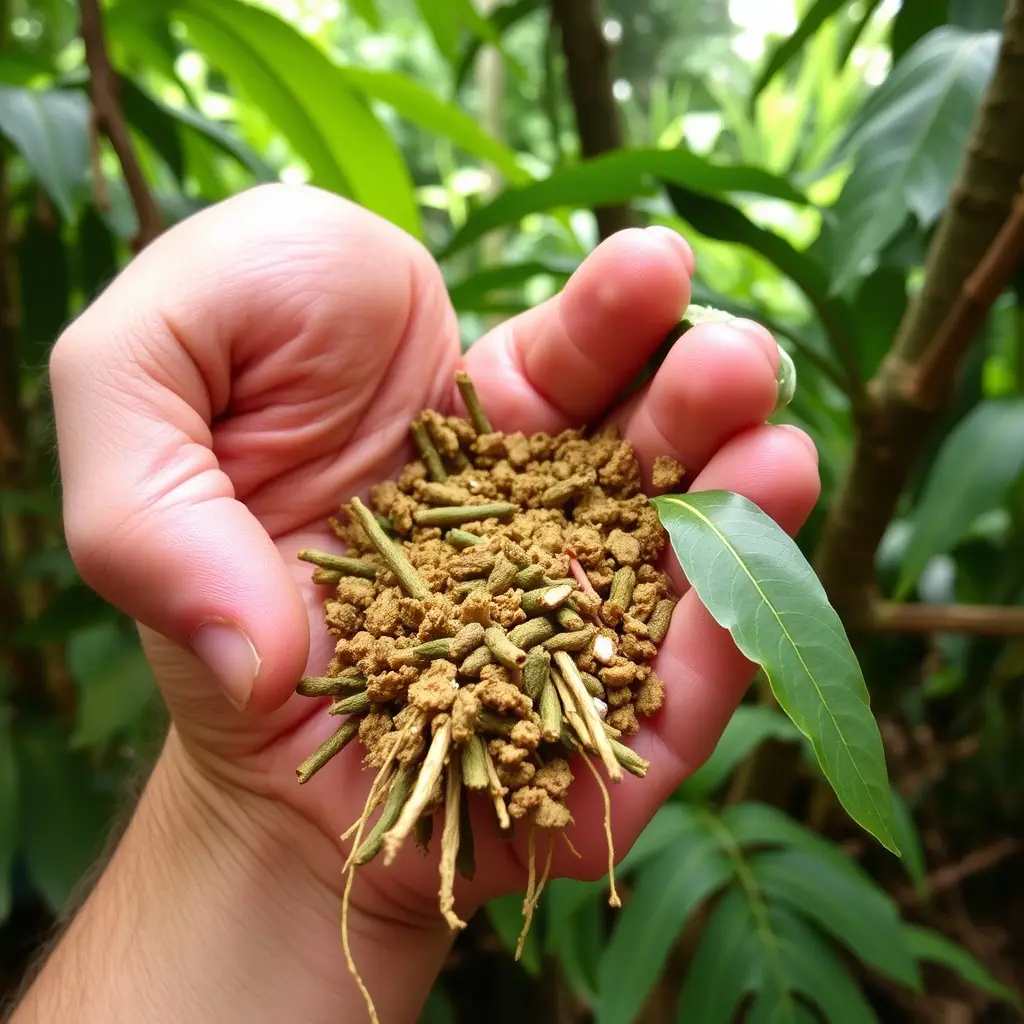Kratom, a plant from Southeast Asia (Mitragyna speciosa), is legally available in North Carolina for potential heart health support due to its medicinal properties. However, its legality varies across the state due to local ordinances and interpretations, with some areas classifying it as controlled substances despite no outright ban at the state level. With historical use for cardiovascular benefits, modern research suggests kratom compounds may positively impact blood pressure and circulation. Before incorporating kratom into daily routines, North Carolina residents should check local regulations, consult healthcare professionals, especially with pre-existing conditions or other medications, to ensure safe and beneficial effects on heart health.
“Uncover the potential of Kratom as a natural ally for cardiovascular health. This comprehensive guide explores how this ancient herb, legally accessible in North Carolina, offers promising benefits for heart wellness. From its biochemical composition to real-world applications, we delve into the science behind Kratom’s effects on blood pressure, cholesterol, and overall cardiac function. Learn how incorporating Kratom into your routine could be a game-changer, provided you understand its legal status in NC.”
- Understanding Kratom and its Potential Cardiovascular Benefits
- Is Kratom Legal in North Carolina? A Comprehensive Overview
- Incorporating Kratom into Your Routine for Heart Health
Understanding Kratom and its Potential Cardiovascular Benefits
Kratom, scientifically known as Mitragyna speciosa, is a plant native to Southeast Asia that has gained popularity worldwide for its diverse medicinal properties. Often used for its opioid-like effects, kratom has been a subject of interest in the alternative medicine community for years. Beyond its pain-relieving capabilities, emerging research suggests that kratom may offer significant cardiovascular benefits. These potential advantages have sparked curiosity among those seeking natural ways to support heart health.
In terms of legality, the status of kratom varies across regions. For instance, in North Carolina, USA, kratom is currently legal, allowing residents access to this herbal remedy without legal restrictions. However, it’s essential to stay informed about local regulations as they can change. Understanding the unique properties and potential benefits of kratom can empower individuals to make informed decisions regarding their cardiovascular health, especially when exploring complementary treatment options.
Is Kratom Legal in North Carolina? A Comprehensive Overview
In North Carolina, the legal status of Kratom has evolved over the years, leaving many residents wondering about its current regulation. While there is no specific law banning Kratom, its legality is often shrouded in confusion due to varying interpretations and local ordinances. Historically, Kratom has faced scrutiny for its psychoactive properties, which have led to some cities and counties within North Carolina classifying it as a controlled substance or scheduling it as a prohibition item. However, these restrictions are typically at the municipal level, creating a patchwork of regulations across the state.
At the state level, North Carolina has not enacted any comprehensive legislation that explicitly legalizes or criminalizes Kratom. This ambiguity means that purchasing and possessing Kratom is largely left to individual interpretation and local enforcement. As such, it’s crucial for residents to stay informed about their city’s ordinances and consult legal experts if they have concerns. The lack of clear state-wide regulation regarding is kratom legal in north carolina underscores the need for open dialogue and further clarification to ensure public safety and compliance with the law.
Incorporating Kratom into Your Routine for Heart Health
Incorporating Kratom into your daily routine could be a game-changer for maintaining cardiovascular health, but it’s crucial to approach this with caution and awareness, especially considering the legal status of kratom in North Carolina. As of recent years, kratom is generally considered legal in the state, but local regulations vary, so it’s essential to check your area’s specific laws before purchasing or using it. This herb has been used for centuries in Southeast Asia for its potential health benefits, including improved heart function. Modern research suggests that certain compounds in kratom may have positive effects on blood pressure and overall cardiovascular strength.
Regularly incorporating kratom into your wellness regimen could support a healthy heart rhythm and boost circulation. Available in various forms like powder or capsules, it allows for easy integration into your daily routine. However, it’s important to consult with a healthcare professional before adding kratom, especially if you have any pre-existing health conditions or are taking other medications. This is because while kratom is generally safe when used responsibly, individual responses may vary, and proper guidance ensures its beneficial effects on heart health without adverse reactions.
Kratom has emerged as a potential natural solution for promoting cardiovascular health, with its unique properties offering promising benefits. However, it’s crucial to note that while many states have legalized kratom, including North Carolina, regulations vary widely. Before incorporating kratom into your routine, especially for heart-related concerns, ensure you understand local laws and consult healthcare professionals for personalized advice. Remember, making informed decisions about your health is key, and with proper guidance, kratom could be a beneficial addition to your wellness regimen.





